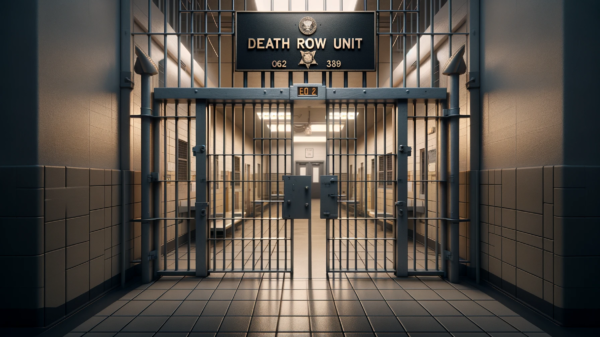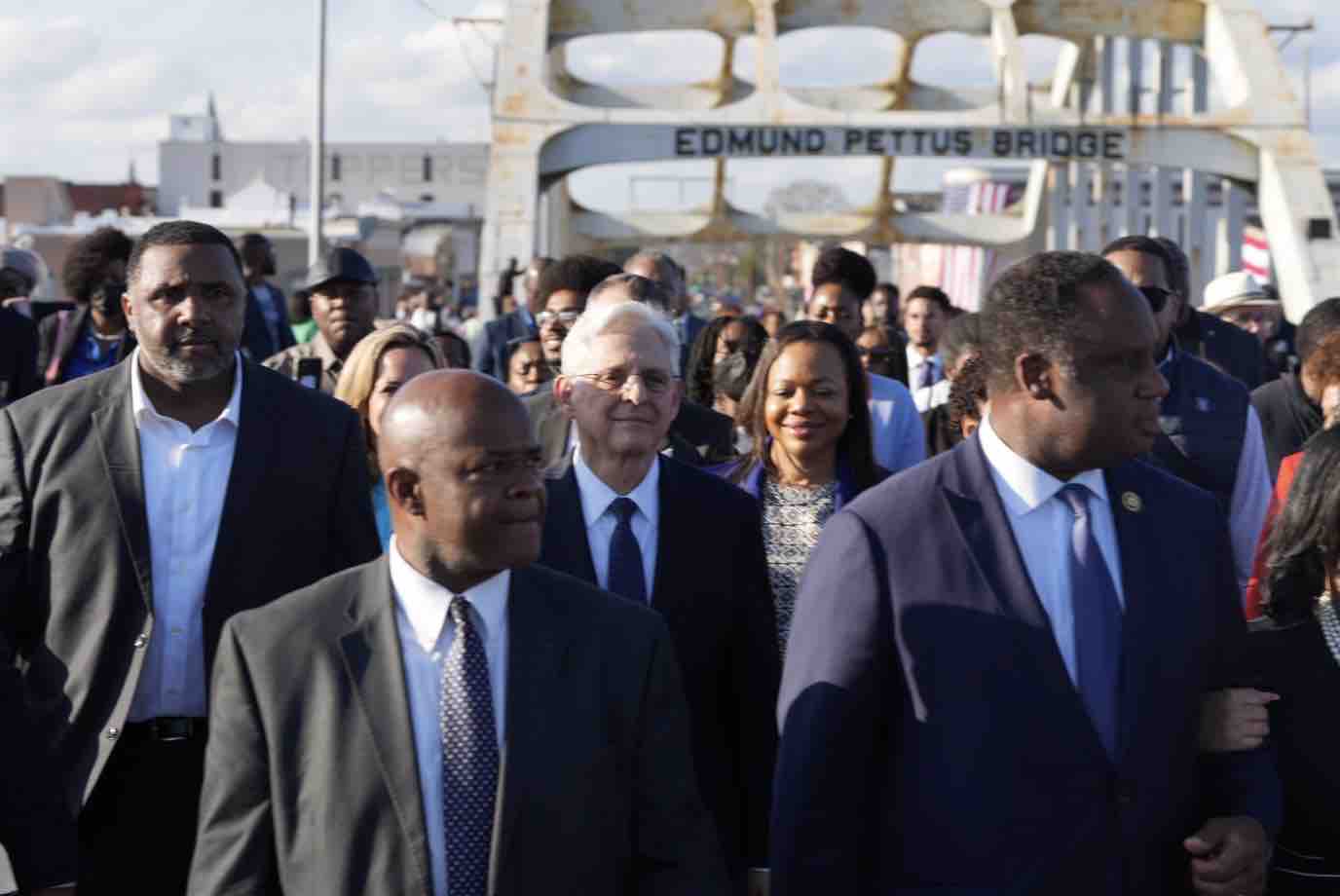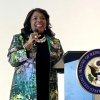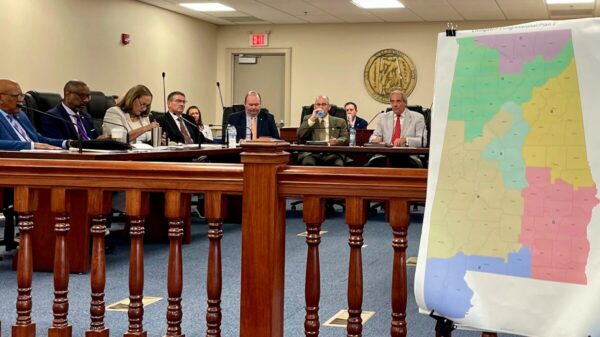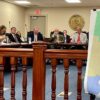|
Getting your Trinity Audio player ready...
|
In a poignant address at Tabernacle Baptist Church in Selma, Alabama, Attorney General Merrick B. Garland reflected on the historical and ongoing struggles for voting rights in America, emphasizing the federal government’s commitment to safeguarding this fundamental democratic principle. Speaking on the solemn occasion of Bloody Sunday’s 59th anniversary, Garland acknowledged the deep historical significance of Selma in the fight for civil rights and voting equity.
“Throughout our country’s history — before Bloody Sunday, and after — the right to vote in America has been under attack,” said Garland.
Garland extended his gratitude to the church’s community and particularly recognized the vital contributions of civil rights activists, past and present, whose sacrifices have been instrumental in advancing the cause of justice and equality. He underscored the non-negotiable nature of the right to vote, a right for which many in Selma had fiercely fought and even shed their blood.
“The marchers’ courage helped usher into law the Voting Rights Act of 1965, which gave the Justice Department important authorities to protect the right to vote,” he noted.
The Attorney General pointed out the persistent challenges and efforts aimed at undermining voting rights, especially for Black Americans, tracing a lineage of suppression from the post-Civil War era to the present day. He detailed the Department of Justice’s historical role in combating such injustices and its continued dedication to protecting voting rights through legal challenges and enforcement.
“That is why one of the first things I did as Attorney General was to double the number of lawyers in the Voting Section of the Civil Rights Division,” he reminded the audience. “Our democracy cannot function if the public servants and civic-minded citizens who administer our elections fear for their lives.”
Garland highlighted recent measures that threaten voting access and representation, criticizing legislative actions that impose unnecessary barriers to voting, discriminatory redistricting, and undermining local election administration. In response, he detailed the Justice Department’s proactive steps, including expanding the Civil Rights Division’s Voting Section and challenging discriminatory practices and redistricting plans.
“There has been a dramatic increase in legislative measures that make it harder for millions of eligible voters to vote and to elect the representatives of their choice,” he said.
Moreover, Garland addressed the broader threats to Democracy, including intimidation and violence against election workers, outlining the department’s initiatives to combat these issues and uphold the integrity of the electoral process.
In closing, Garland invoked the memory of John Lewis, a towering figure in the civil rights movement, to reiterate the idea that democracy requires active participation and vigilance from every generation. His speech was not just a recounting of history but a call to action, affirming the Justice Department’s unwavering commitment to ensuring that every eligible American can exercise their right to vote, a cornerstone upon which the nation’s Democracy stands.
“Democracy is not a state,” he said. “It is an act. And each generation must do its part.”













